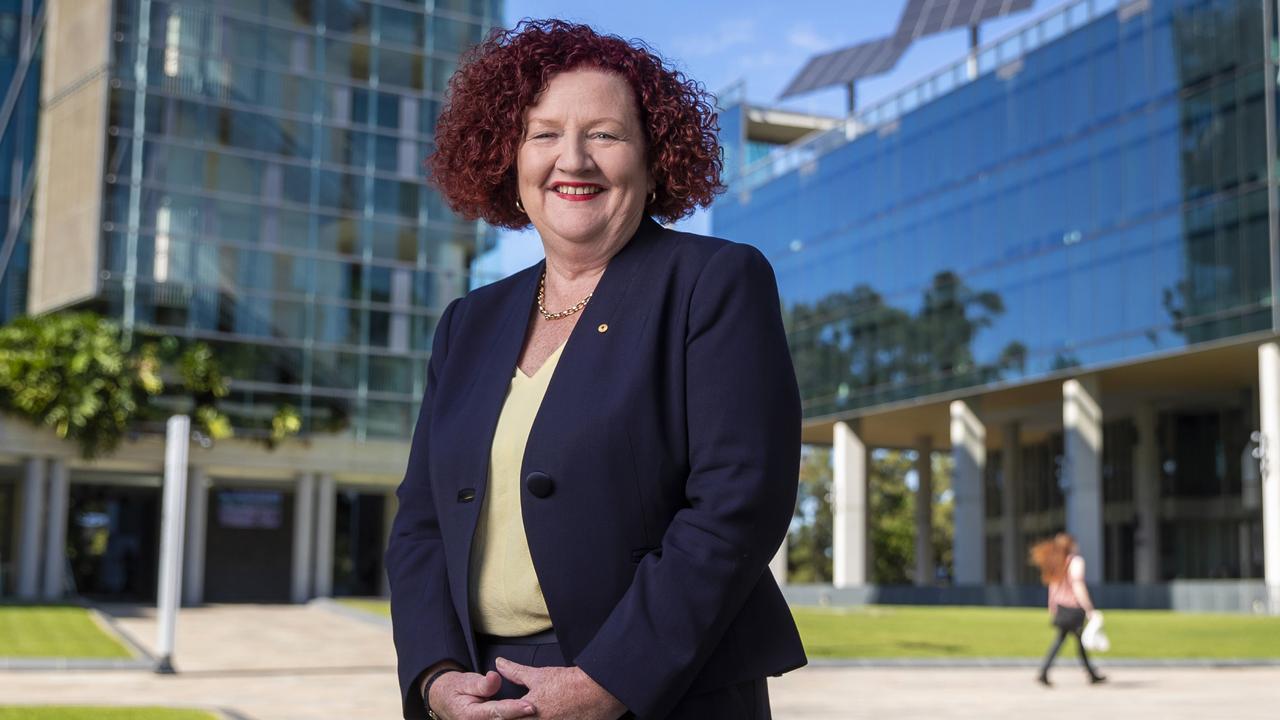Staff from five Queensland universities strike over insecure conditions and rising workloads
Hundreds of staff at five Queensland universities will strike on Thursday calling for secure jobs, safe workloads and a real pay rise.
Tertiary
Don't miss out on the headlines from Tertiary. Followed categories will be added to My News.
Hundreds of Queensland university staff will walk off the job on Thursday protesting insecure conditions and rising workloads, with staff saying they are “sick and tired” of their hard work boosting exorbitant executive bonuses.
National Tertiary Education Union members from the University of Queensland, Griffith and the Queensland University of Technology will rally at King George Square in the Brisbane CBD from midday later this week.
Staff at Central Queensland University and James Cook University will also stop work.
NTEU Queensland secretary Michael McNally said staff were taking strike action to support secure jobs, safe workloads and a real pay rise.
“People are always shocked when I tell them that if you work at a public university you are far more likely to be employed casually than if you work at Coles or Woolies,” he said.
“University business models are built on cheap casual labour which leads to wage theft and ridiculous workloads for staff lucky enough to have an ongoing job.
“Members registering for the rally have been asked why they are attending and there are common themes around secure work, workloads and a real pay rise.”

University of Queensland professional staff member Martin Webster said he was “sick and tired of letting our hard work become executives’ bonuses”.
“I can’t keep standing idly by while the university sector prioritises new managers and executives, while leaving operational staff like us to pick up the slack,” he said.
“We need to stop letting the university use our goodwill so they can buy buildings and investments.”
Griffith academic Laura Irvine-Brown said collective action was needed to push university management to “put staff needs above their corporate agendas”.
“Workloads are a big issue to me, and they are excessive across the sector, to the extent that this has significant implications on staff health and wellbeing,” she said.




